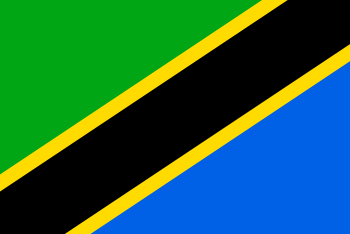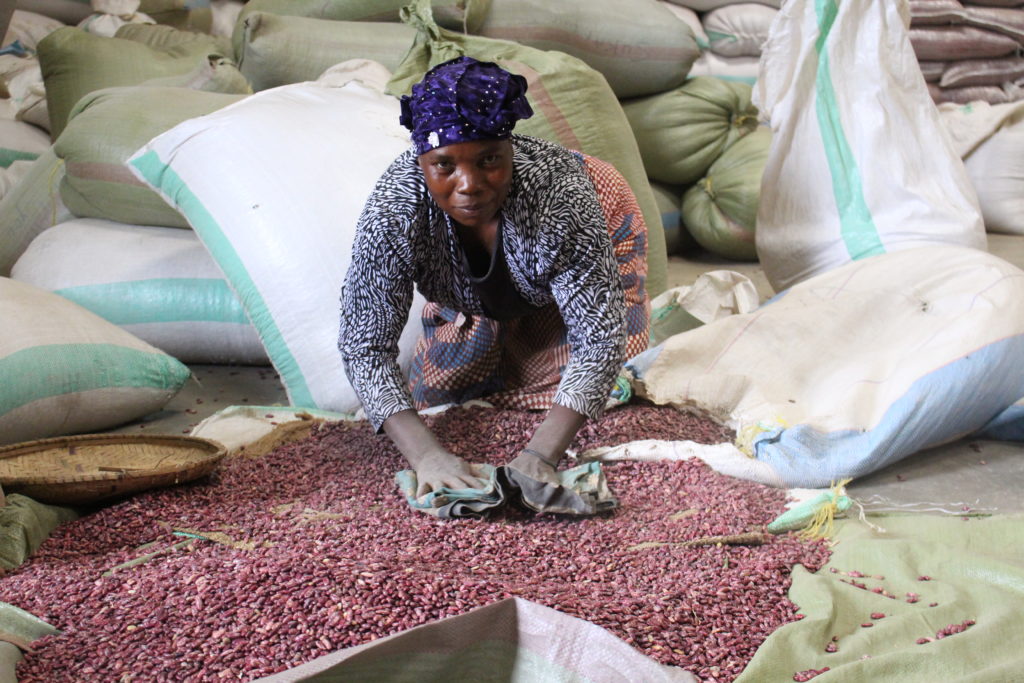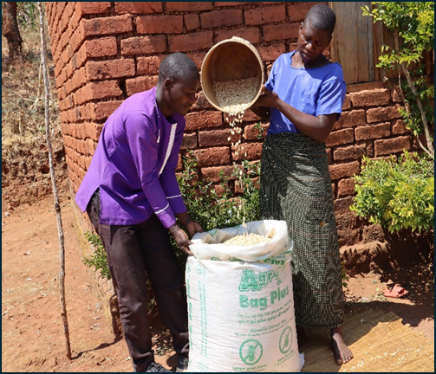 Tanzania Mbeya
Tanzania Mbeya
$50,000 needed of $50,000

Implementing Organization
Catholic Relief Services (CRS)
Program Summary
This program uses a holistic household approach to improve the livelihoods of coffee farmers through:
- The formation and strengthening of business-oriented, member-driven and democratic farmer organizations as transparent and professional service providers to their members;
- Improvement of the overall marketing performance through value addition, efficient linkages to financial institutions, marketing agencies, exporters and international traders;
- Capacity development of farmer organizations to represent the interests of their members in front of local and national government bodies and be able to effectively lobby for a conducive and inclusive business environment for the coffee sector;
- Enabling farmers to significantly improve farm management practices, while enhancing crop quality through improved practices, management and control;
- Facilitating access for smallholders to adequate knowledge and instruments that enable them to apply and finance effective climate change adaptation and mitigation strategies to ensure food security and support income diversification;
- Promoting participation of all members of a household to benefit equitably from cash and food crop production and marketing thereby achieving sustainable household development. This includes the support of young people to gain skills and find meaningful employment in a more modernized, dynamic, productive, and profitable agriculture sector.
Felista's Story - Tanzania Mbeya Program
Success Stories

Higher Yields, Better Quality, Safer Grains
After training in conservation farming techniques through Catholic Relief Services (CRS), Frank feels confident he’ll harvest enough food to last the year. And now that he’s learned which chemicals are approved for agricultural use and which are not, his grains are safer for his family to eat.
Frank says that he used to harvest about six bags of maize (corn) per acre and about two bags of beans. He thought he was protecting his harvests from pests by applying insecticide, so he was understandably horrified when he learned that what he was using was toxic for food, and completely unnecessary. “That was just due to a lack of knowledge, but it was dangerous just the same,” he admits.
He joined the program after he attended an initial farmers’ meeting with CRS and his village’s government agricultural officer. He soon began attending training on good farming practices for maize and beans. Like the proper spacing between rows and plants, the correct amount of fertilizer to apply, and how to use hybrid seeds. Over two years he increased his yield of maize to 13 bags per acre, then 20, and his beans to three bags, then four per acre. And by changing up his storage practices to using an airtight style of bag, he did not need to apply post-harvest insecticide at all.
The Tanzanian government is promoting special instruction and certification for in-country suppliers of bean seeds as a way to improve the country’s supply of beans, and stimulate the economy by buying seeds from local farmers. Frank participated in that training to become a Quality Declared Seed Supplier, during which the students harvested six bags of high-quality bean seed from one acre that they will be able to use for planting next season. He joined a Savings and Internal Lending group and managed to save up enough to buy fertilizer for the next cycle.
Frank is grateful for the many positive changes that he’s managed to bring about due to his dedication to learning and trying new practices. Now that he has good quality bean seed for next year, he’s looking forward to additional large harvests. And he’s especially relieved that he’s no longer putting his family’s health at risk by using inappropriate chemicals on the grains they eat.
Tanzania Mbeya Program
Led by Catholic Relief Services
